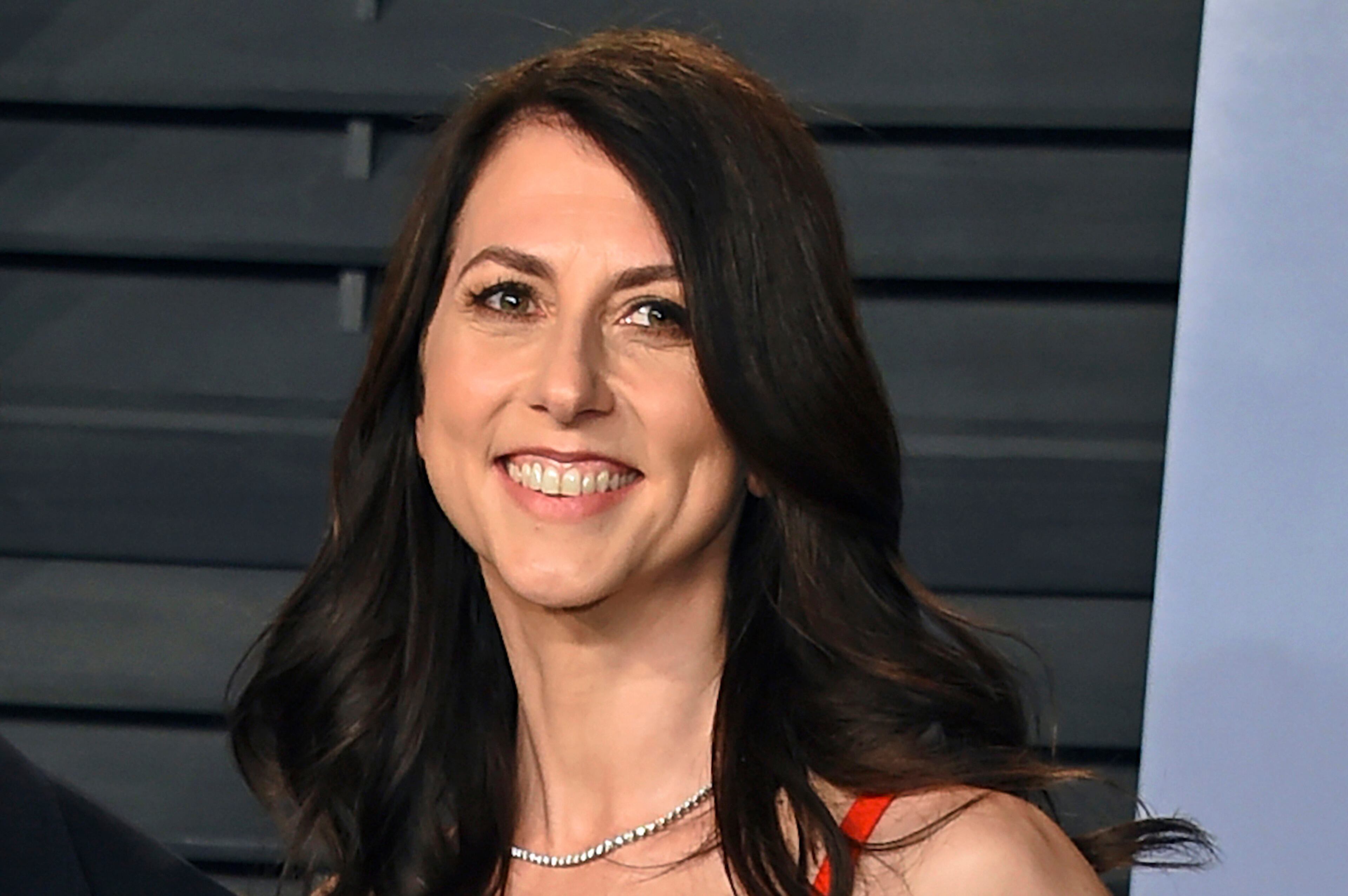Local ‘TherapyTok’ influencer seeks to redefine self-care in the new year

Amber Wardell started her TikTok account during the coronavirus pandemic, like many other people who were led to the social media app during a time of increased isolation. Her early content was a reflection of things she was learning in therapy at the time and the ways those lessons connected to her expertise as a cognitive psychologist.
Today, the 39-year-old Alpharetta resident has more than 700,000 followers attracted to content that explores self-care, trauma and relationships. Amid the app’s viral dance trends and recipes, Wardell’s content is among the growing number of videos that focus on mental health.
Most of her posts are talking-head videos, with Wardell seated in her car or inside her home as she delivers short ruminations.
“People don’t like me as much anymore now that I’m not sacrificing my peace at the altar of politeness. Oh well,” reads a text overlay on a video of her shrugging her shoulders to a Nirvana song.
Mental health content on TikTok has proven to be a lucrative endeavor for some therapists. Vox defines “TherapyTok” as content in which “psychologists, psychiatrists and licensed therapists — along with a swarm of ‘coaches’ with varying levels of credibility — make short, digestible videos educating the public about how to decode their own brains.”
The publication reports that salaries for most therapists who work with insurance companies tend to max out at $100,000 per year, but a popular therapist and content creator on TikTok could make “eight or nine times that amount on social media in the form of brand deals, merch and direct subscriptions.”
Not everyone is a fan of this content, however. Critics warn that some mental health content could lead to incorrect self-diagnosis. Others worry about the popularity of terms such as “high-functioning” anxiety that are not official clinical diagnoses.
Wardell’s social media content often focuses on general issues versus diagnoses.
“For me personally, it’s been about reminding people that we are still meant to exist in community with others. And at the end of the day, our self-care must also build bridges to other people,” she said.
Recently Wardell has been using the app more to promote her work — her Compassionate Feminism column for Psychology Today and her new book “Beyond Self-Care Potato Chips: Choosing Nourishing Self-Care in a Quick-Fix Culture” (Health Communications Inc., $17.95), which challenges popular narratives about what self-care should look like, especially for women.
An example of a superficial “self-care potato chip” would be taking bubble baths and having wine every night.
“There’s nothing objectionable about that, right? That’s a great thing to do,” she said. “But if you find yourself constantly having to have a glass of wine, or two or three, and a bubble bath at night, maybe it’s time to start asking, ‘Why am I having to seek these things out in order to feel OK?’”
Another example is going “no contact” with people in an effort to avoid healthy conflict.
“Self-care starts inward and then it blossoms outward to others,” she said. “If we are not seeing the evidence of our relationships with other people getting better and stronger and more evolved, that’s a surefire sign that our self-care isn’t working.”
The nuances of these conversations might get lost in a short TikTok, but Wardell is hoping users who are interested in improving their lives will push themselves to utilize resources beyond the app.

Inspired by relatives who she said “had a really complicated relationship with their mental health,” Wardell received her doctorate degree in cognitive psychology from the University of Memphis.
“I was like, you know what? I’m going to go and I’m going to understand everything you can possibly understand about the human mind,” she said. “I thought I would go be a therapist. And then I reached a certain age where I realized I was such a disaster that I just didn’t feel like I was the right person to be giving people that kind of counsel.”
Instead, she conducted research that would inform the work of psychiatrists and psychologists. For more than a decade, she has conducted experiments and studies focused on emotion, self-regulation and metacognition (understanding one’s one thought processes).
Her research has been used to help students perform better in learning environments through emotional regulation and helped businesses better understand their consumers’ behaviors.
Although she didn’t pursue a career working directly with clients seeking therapy, Wardell has found a way to help others through TikTok. She often receives emails from followers detailing how her posts resonated with them and sharing their personal experiences before asking for advice.
“I realized, if people are reaching out to me, a stranger who they don’t know with this deeply personal story, that probably means they don’t have anyone in their lives who they feel safe to go to and share this stuff. I wanted to become this big sis to the internet. Just be like, what do you need advice on? What do you need to hear someone give you permission to do?”
In the walk up to the new year, Wardell was thinking about resolutions like many people do this time of year.
“Every resolution is about having less of something, and, damn it, this year and every year going forward, I want to have more of things,” she said. “I want to have more connections. I want to have more fun. I want to have more free time. I want to have more passion about the things that I’m doing.”
In the new year, Amber Wardell plans on “not restricting things from myself, but expanding.”


